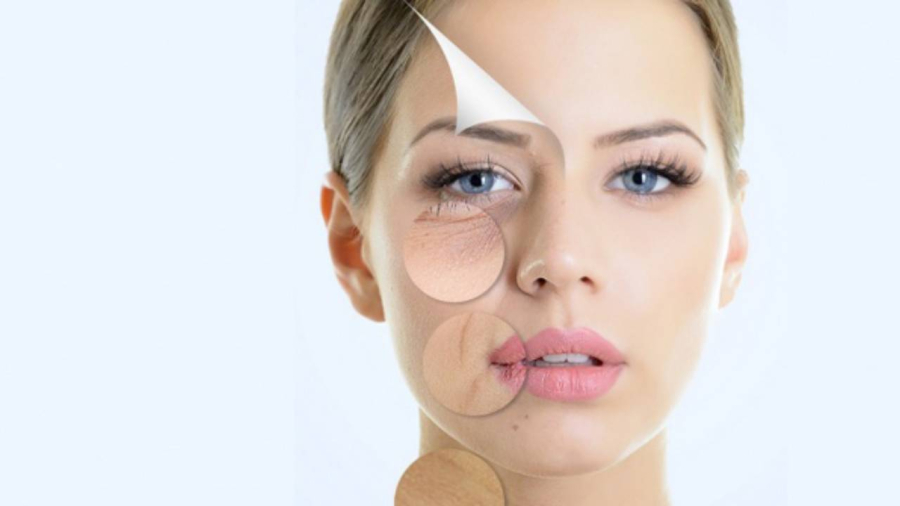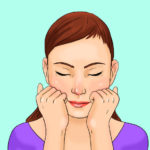Memory decline
As the body ages, brain cells also age, leading to neurological degeneration, brain atrophy, and memory loss. Memory loss and abnormal decline in cognitive function are common signs of rapid aging, indicating that brain cells are undergoing accelerated aging.
The cause is a decrease in blood supply to the brain. The brain’s blood vessels also undergo changes and arterial sclerosis, leading to signs of insufficient blood supply to the brain. This is when your aging signs have reached a serious level and you need to quickly pay attention to your health.

Reduced lung capacity
In medicine, the function of the heart and lungs not only reflects health status, but also indicates true age and the rate of human aging.
Normally, after the age of 45, lung capacity begins to gradually decrease. However, if you experience negative changes in endurance, shortness of breath, even before reaching this age, it means that you are aging quickly.
These changes include frequent fatigue, nighttime chest tightness, reduced endurance, and shortness of breath after intense exercise, taking longer to regulate breathing after physical activity. This means that both your lungs and body are aging faster than normal. Especially in young people who smoke, exert force, or live or work in a dusty or toxic environment.
Increased abdominal size and reduced hip size
An enlarged waistline is one of the signs of premature aging in men, associated with excessive eating, excessive alcohol consumption, sedentary lifestyle. In addition, when you age quickly, metabolic processes decrease and testosterone levels decrease, which can lead to abdominal fat accumulation. This sign of premature aging is more common in men than in women.
On the other hand, women who age faster than normal often experience a reduction in hip size. This is because the hip bone develops when you are young, but it gradually narrows over time due to fluid loss in cells. Menopause or hormone imbalance are also important causes of decreased hip size in both genders.
Skin aging
The skin reflects the health status as well as the rate of bodily aging. If your skin deteriorates quickly, with wrinkles, dryness and discoloration, it means that you are aging rapidly.
In addition, if your skin deteriorates abnormally or faster than your peers of the same age, it indicates that your body’s detoxification and hormone regulation functions are declining, aging faster than others. Especially, you should check liver, kidney, and ovarian function if you find that your skin ages quickly and is slow to recover from sunburn, acne, or injuries.
Weak and loose legs
As women age, collagen is lost quickly, muscle strength decreases, leg muscles become less firm and elastic, making the legs appear flabby.
In addition, the sense of leg strength will also weaken, and walking will feel more tiring, making it more prone to falls and susceptible to bone diseases.
Incontinence
As age increases, muscles gradually lose elasticity, so the ability to retain urine in the body decreases, and even a slight force such as coughing can cause incontinence.
Therefore, middle-aged women should not only take care of their facial skin, but also increase physical exercise. Before going to bed, you can perform gentle exercises to improve urinary incontinence.





































